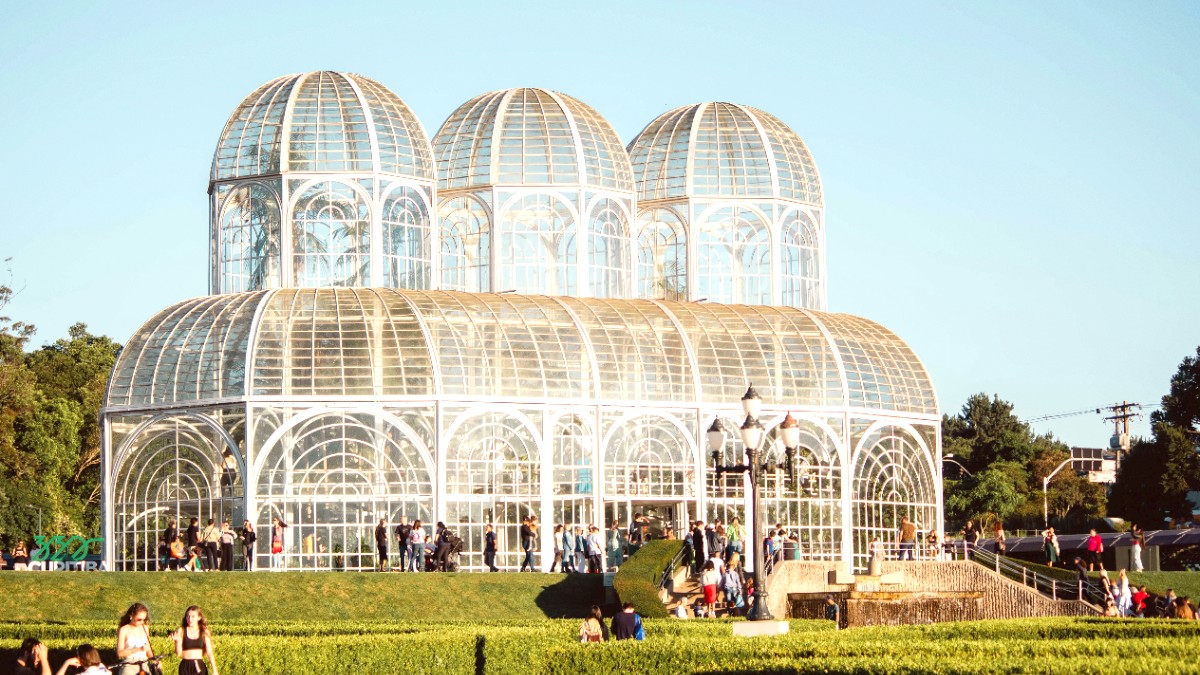
The South, Brazil
Travelers must meet Brazil's entry requirements. These rules vary by nationality. Citizens of many countries, including most of South America, the European Union, and the United Kingdom, typically do not require a visa for stays up to 90 days.
As of early 2024, citizens of the United States, Canada, Australia, and Japan generally obtain an eVisa (electronic visa) for tourism or business purposes. This requirement was reinstated effective April 10, 2024. Apply online through the official Brazilian eVisa portal (check current Brazilian government websites for the most up-to-date portal). The application includes passport details, a recent photograph, proof of onward travel, and proof of financial means. Processing time can vary, so apply well in advance of travel.
The eVisa fee for nationalities requiring it is approximately US$80.90 (as of early 2024). You pay this fee during the online application process.
Upon arrival at Afonso Pena International Airport (CWB), present your passport, eVisa/visa (if applicable), and possibly proof of onward travel and funds to immigration officials. Your passport receives a stamp with the entry date and permitted length of stay. Answer any questions honestly and politely. No specific special permits generally apply for general tourism within Curitiba or its immediate surroundings.
Consult a travel clinic
A yellow fever vaccination certificate is recommended for travelers who have recently visited or are transiting through areas with risk of transmission. Carry your vaccination card if you have one.
While not always mandatory for entry into Curitiba unless coming from a high-risk area, it is wise to consult the latest WHO or local health authority recommendations.
Plan ahead
Ensure all routine vaccinations (e.g., MMR, DTaP, Polio, seasonal flu) are up to date before travel.
Hepatitis A & B and Typhoid are recommended for most travelers to Brazil. Consider Rabies if extended outdoor time or animal exposure is planned.
Prior to your trip
Consult your doctor or a travel clinic well in advance of your trip for personalized vaccination and health advice.
Discuss your itinerary with a medical professional, especially if planning to visit rural areas or other Brazilian states with differing health risks.
The official currency is the Brazilian Real (BRL), symbol R$. Exchange currency at banks, authorized exchange offices (casas de câmbio), or ATMs. ATMs are widely available at airports, shopping centers, and bank branches. For safety, use ATMs located inside banks or secure, well-lit areas during business hours. Airport exchange rates are often less favorable than those in the city center.
Major credit cards (Visa, Mastercard, American Express) are widely accepted in hotels, larger restaurants, and major retail stores. However, smaller establishments, street vendors, and some local markets may only accept cash. Inform your bank of your travel plans to avoid card freezes.
R$150 - R$300 (approx. US$30 - US$60) including hostel, street food, public transport.
R$350 - R$700 (approx. US$70 - US$140) for comfortable hotel, mid-range dining, occasional taxis.
R$800+ (approx. US$160+) for high-end hotels, fine dining, private transfers.
Hostel: R$50-100; Budget Hotel: R$120-250; Mid-range: R$250-500; Luxury: R$500+.
Street Food: R$10-30; Budget Meal: R$30-60; Mid-range: R$70-150; Fine Dining: R$200+.
Familiarize yourself with common health and safety concerns and emergency procedures in Curitiba.
Awareness of common health concerns allows for proactive prevention.
Curitiba offers a good standard of healthcare.
Curitiba is generally one of Brazil's safer large cities. However, petty crime (like pickpocketing and bag snatching) can occur, specifically in crowded tourist areas, bus terminals, and on public transport.
Safer Neighborhoods (generally): Centro Cívico, Batel, Água Verde, Champagnat, Ecoville. These areas typically have higher security, are well-maintained, and often host upscale hotels and restaurants. Areas Requiring Caution (especially at night): Parts of the historic city center (Centro), specifically after business hours or on weekends when shops are closed. Avoid isolated areas in parks after dark.
Familiarize yourself with local emergency numbers and procedures.